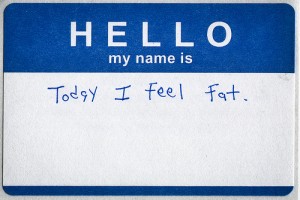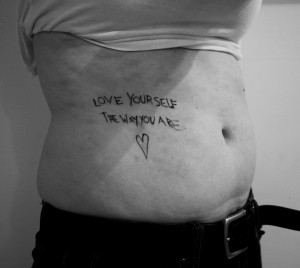 Every now and then, I come across a study that really blows my skirt up. Today is one of those days. Marilyn Monroe, eat your heart out.
Every now and then, I come across a study that really blows my skirt up. Today is one of those days. Marilyn Monroe, eat your heart out.
According to researchers at the University of Houston, there are two very effective words that can be used to stop cravings. When individuals said “I can’t eat that,” only 10% were able to stick to their healthy eating habits. On the other hand, when the phrase “I don’t eat that” was used, that number skyrocketed to 80%.
It’s the difference between “I can’t” and “I don’t” - and, according to Vanessa Patrick, PhD and co-author of the study:
Saying “I can’t” signals that you’re giving up something desirable. But saying “I don’t” gives you a sense of empowerment.
When I think of my own personal experience, saying “I can’t” or “I shouldn’t eat that” is almost like begging the other person to be an enabler. “Oh, but you deserve it” is the expected response. Saying “I don’t eat that” is much stronger - and much more authoritative. There’s no wiggle-room for enabling.
It’s a subtle but powerful difference - and I don’t think there’s an easier diet strategy out there. I love this study because it’s also an important reminder to choose our words carefully! Innocuous as they may seem, words have very real implications on our lives, our health and our waistlines.
Do you plan on making use of this tip? Are there any other words that you use or avoid? Let me know in the comments below!













 Today’s guest post is by Davey Wavey’s good friend and spiritual weight release coach,
Today’s guest post is by Davey Wavey’s good friend and spiritual weight release coach, 


